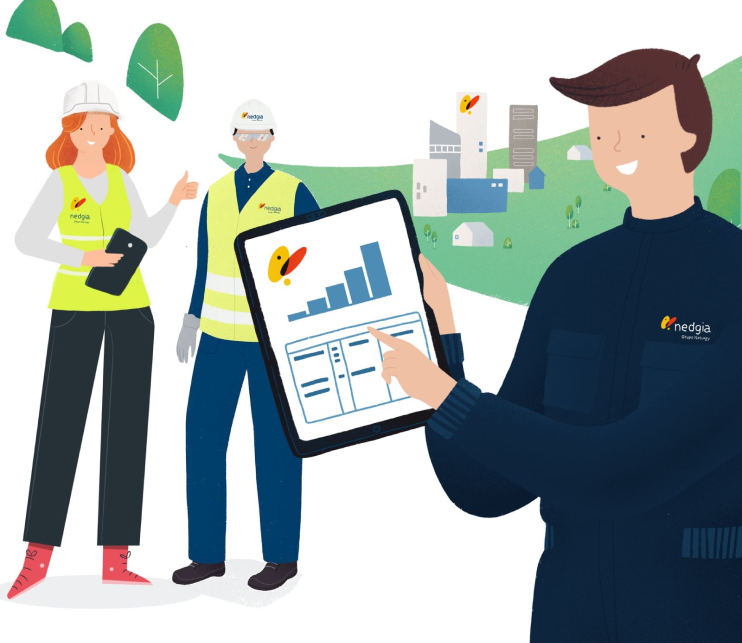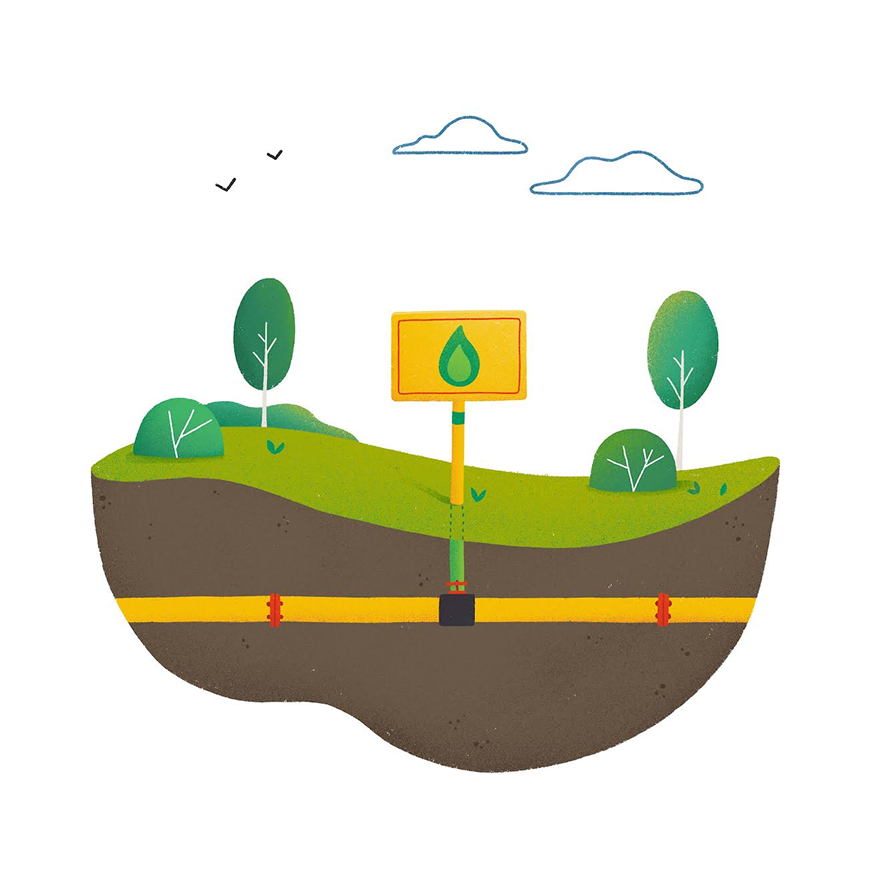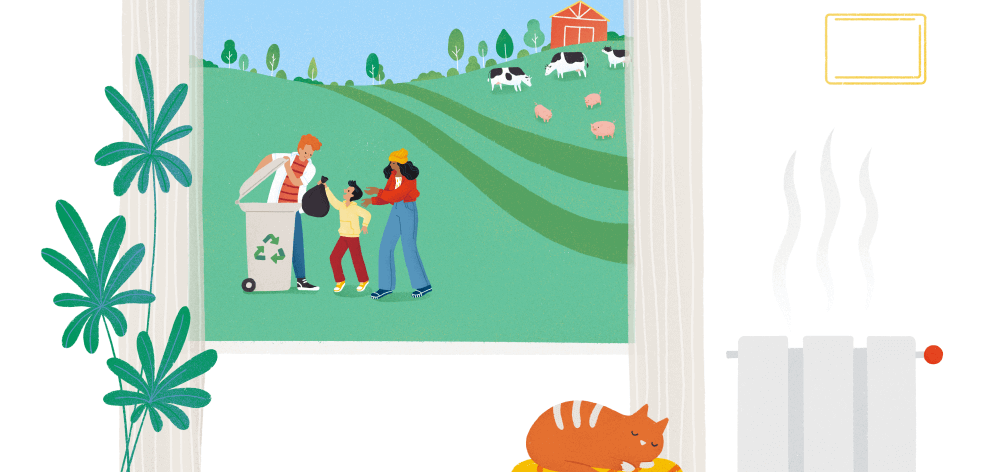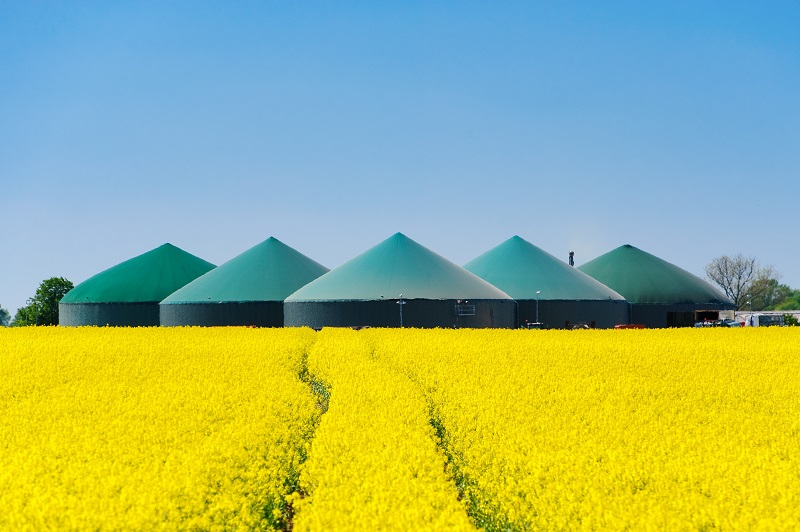In November 2019, the European consortium ECO-GATE – co-funded by the European Union and led by Nedgia, the Naturgy group’s gas distributor – began tests to inject and distribute renewable gas generated at the Butarque wastewater treatment plant (WWTP) in Nedgia’s distribution network.
This is a milestone for natural gas distribution in Spain, as it was the first time that renewable gas was injected into the distribution network. It also helped develop the renewable gas certificate of origin system in Spain to take another step towards the environmental objectives related to decarbonisation proposed by Europe for 2030.
Nedgia installed two modules at Butarque’s WWTP, which is managed by Canal de Isabel II: the biomethane (renewable gas) production module that purifies biogas resulting from waste recovery at the wastewater treatment plant (upgrading process) and another module to inject the biomethane produced into its natural gas distribution network. This project also includes a compressed natural gas (CNG) refuelling pump for vehicles, managed by Naturgy, which is also supplied by Nedgia’s distribution network.
According to David Fernández, director of the European consortium ECO-GATE, “biomethane is the energy carrier that makes the biggest contribution to the circular economy and can solve the problem of storing the intermittent production of other renewable energies,” adding that “government support is necessary to develop the biomethane market, with economic/financial support mechanisms and the promotion of renewable gas certificates of origin, which already exist in other countries.”
With the development of this innovative project at the Butarque WWTP, the European consortium ECO-GATE has four objectives:
- To produce biomethane from biogas generated in the waste recovery process.
- To inject the biomethane produced into Nedgia’s natural gas distribution network, in order to distribute it to the end consumption point.
- To develop the renewable gas certificate of origin market in Spain.
- To demonstrate the efficient and environmentally friendly use of renewable gas in ground mobility.
Same applications as natural gas
As a renewable gas, biomethane is a carbon-neutral fuel that is generated in the breakdown of organic material. In this way, once treated, wastewater or urban, agricultural, livestock or forestry waste can be turned into green gas, an energy source that can completely replace natural gas. Consequently, it can be distributed through our country’s more than 87,000 kilometres of gas pipeline infrastructure and be used in the same energy applications in homes, industry, and businesses, as well as a fuel in the transport sector. Furthermore, there is no need for either public or private investment to transform the network infrastructure or the users’ consumption equipment.
Find out more here.







